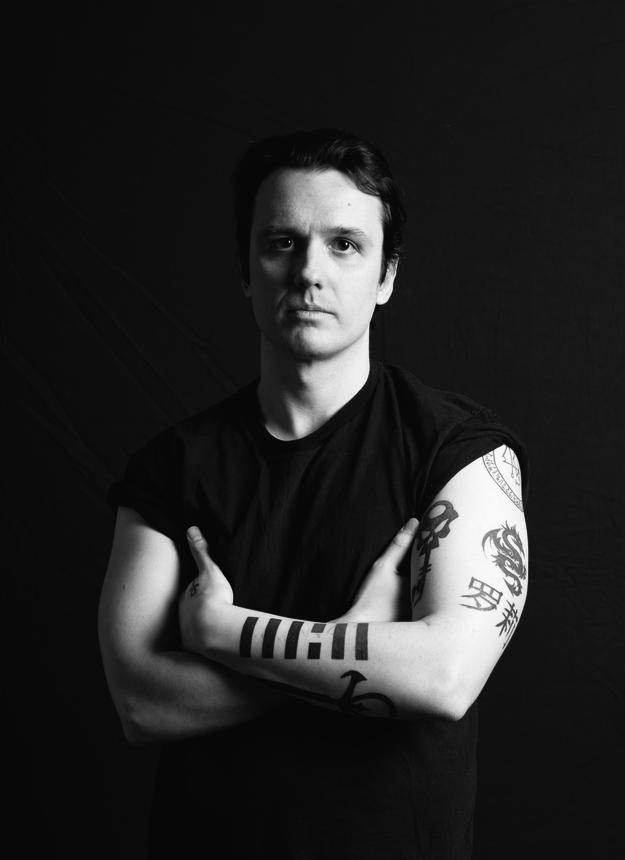Life After Death: The shocking true story of an innocent man on death row
Damien Echols
The true story of the wrongful conviction of the infamous West Memphis Three, Life After Death is a powerful and unflinching first-person account of life on death row.
In 1993 three teenagers, Damien Echols, Jason Baldwin and Jessie Miskelley Jr, were arrested and charged with the murders of three eight-year-old boys in West Memphis, Arkansas. The ensuing trial was rife with inconsistencies, false testimony and superstition. Echols was accused of, among other things, practising witchcraft and satanic rituals — a result of the ‘satanic panic’ prevalent in the media at the time. Baldwin and Miskelley were sentenced to life in prison. Echols, deemed the ringleader, was sentenced to death. He was eighteen years old.
In a shocking reversal of events, all three were suddenly released in August 2011. This is Damien Echols’ story in full: from abuses by prison guards and wardens, to descriptions of inmates and deplorable living conditions, to the incredible reserves of patience, spirituality, and perseverance that kept him alive and sane for nearly two decades. Echols also writes about his complicated and painful childhood. Like Dead Man Walking, Life After Death is destined to be a classic.
West of Memphis, a documentary produced by Peter Jackson (director of the Lord of the Rings trilogy) and Fran Walsh, details the campaign to have their sentences overturned.
The West Memphis Three are also the subject of Paradise Lost, a three-part documentary series produced by HBO.
andLife After Death
‘Damien Echols suffered a shocking miscarriage of justice. A nightmare few could endure. An innocent man on death row for more than eighteen years, abused by the very system we all fund. His story will appal, fascinate, and render you feeble with tears and laughter. A brilliant memoir to battle with literary giants of the calibre of Jean Genet, Gregory David Roberts, and Dostoevsky.’
‘This is a stunning piece of work. Such hope while faced with injustice. Damien teaches us how to live.’
‘Wrongfully imprisoned by willfully ignorant cops, prosecutors and judge, Damien Echols draws on all his wits and his unique view of humanity to survive eighteen years on death row. My admiration for him, and the strength of his spirit, increases with every page.’
‘The life of Damien Echols is a journey similar to that of the metal that becomes a samurai’s sword. Heated and pounded until it becomes hardened, it can hold its edge for centuries. It is incredible that Damien endured and survived one of the most tragic miscarriages of American justice, and emerged such a centered, articulate and extraordinary man and writer. Life After Death proves that he paid dearly for his wisdom.’
‘Even for this remarkable young man, every day was a struggle, and his survival, his sanity, is won on every page. This is a deeply moving book, almost Dickensian in its moral scope: religion, hypocrisy, evil in office, with virtue and good fellowship finally triumphant. And no irony.’
‘In this searing, finely wrought memoir, Echols recalls his poverty-stricken childhood, the trial of the West Memphis Three, and the harsh realities of life on death row … The most affecting sections are Echols’s philosophical musings on all he has lost, his thoughts often influenced by Zen Buddhism. In one journal entry that survived the guards’ purge, Echols contemplates what he misses the most while in prison. The answer is a heart-wrenching and simple commentary on American prison life: “In the end it’s not the fruit I miss most… I miss being treated like a human being.”’
‘Exceptional memoir by the most famous of the West Memphis Three … bare facts alone would make for an interesting story. However, Echols is at heart a poet and mystic, and he has written not just a quickie one-off book to capitalize on a lurid news story, but rather a work of art that occasionally bears a resemblance to the work of Jean Genet. A voracious reader all his life, Echols vividly tells his story, from his impoverished childhood in a series of shacks and mobile homes to his emergence after half a lifetime behind bars as a psychically scarred man rediscovering freedom in New York City. The author also effectively displays his intelligence and sensitivity, qualities the Arkansas criminal justice system had no interest in recognizing during Echols’ ordeal. Essential reading.’
‘This memoir is about as far away from a publicity-seeking I-was-wronged story as possible. The author opts for a meatier, and certainly more haunting, account of his life behind bars, coupled with flashbacks to his childhood … it achieves the kind of emotional resonance that many similar books lack. A tragic and often disturbing story.’
‘[T]his is an eloquent, even bitterly lyrical, portrayal of how an innocent man can slip through the cracks of the legal system and struggle to survive. Compelling and deeply moving, in the tradition of Helen Prejean’s Dead Man Walking: An Eyewitness Account of the Death Penalty in the United States and Norman Mailer’s The Executioner’s Song, this memoir will appeal to a wide audience.’
‘Echols’ memoir isn’t only a story of justice delayed; it’s also a tale of romance, resilience, and the power of the written word.’
‘A shocking account of a travestyof justice written by an author without peer…This is the kind of book thatdeserves to be devoured, digested and savoured for good.'






